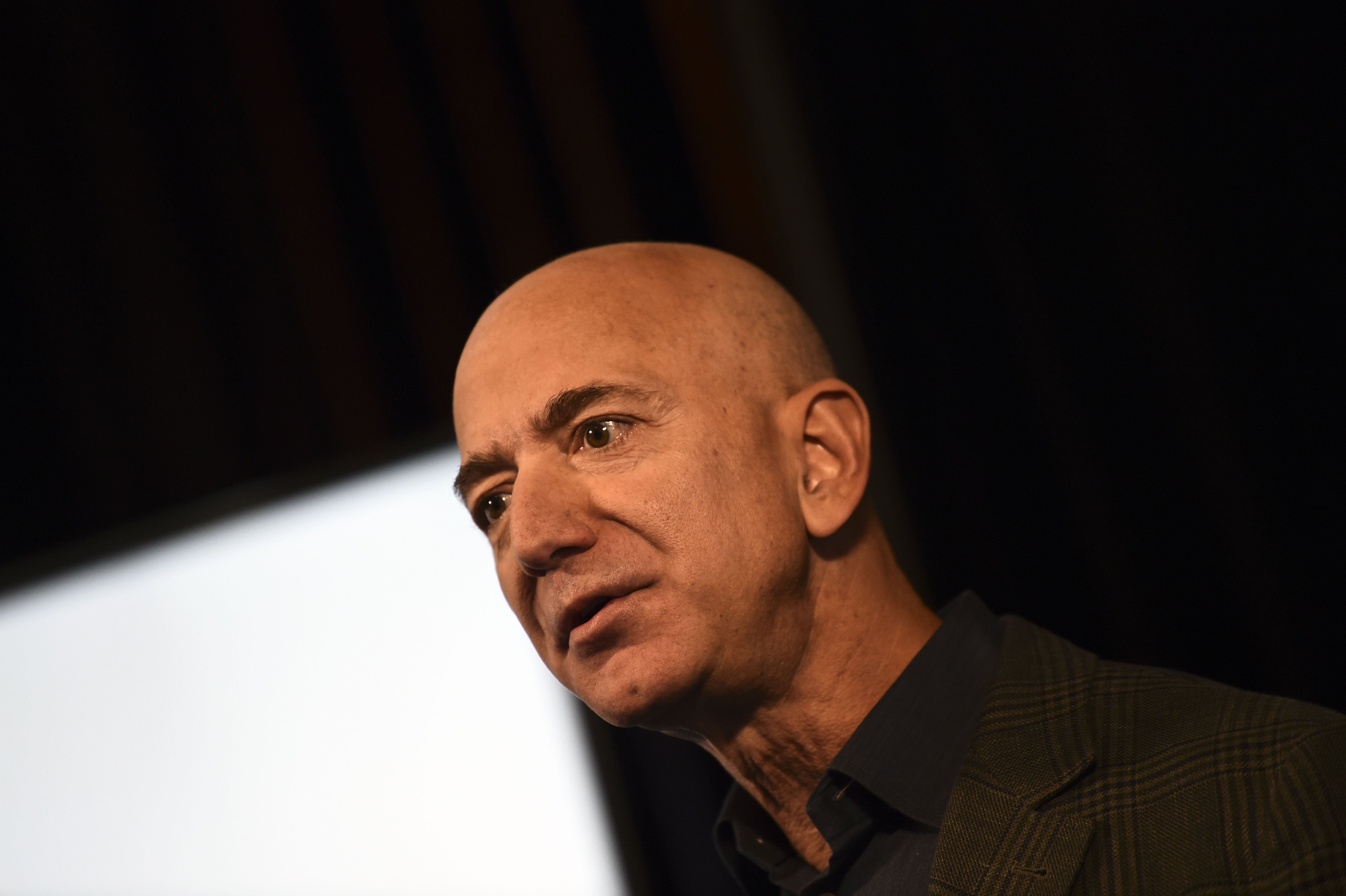Giants like Amazon are creating extreme inequality – so why is the UK so slow at regulating big tech?
While both the US and EU are taking action against the platform giants, no significant challenge to their power is on the horizon in the UK. Matthew Lawrence explains what steps could be taken

There has been one indisputable winner of the pandemic: the digital platform giants that increasingly occupy the commanding heights of our economy. The “Big Five” – Facebook, Apple, Amazon, Microsoft, Google – represent around 20 per cent of the market value of the S&P 500 stock market, and companies like Uber and Deliveroo are all worth billions of pounds.
Unprecedented concentration of wealth is inevitably generating extreme inequality. While many have lost their livelihoods and income during lockdown, Jeff Bezos, founder of Amazon, has seen his wealth surge by $90.1bn (£67.2bn) to a scarcely believable $203.1bn (£151.5bn) from March to October. This extraordinary concentration in wealth reflects the fundamental reality of the platform economy: these are among the most powerful monopolies in history, the rentier giants of the digital age.
The surging power of the platform giants is belatedly attracting the attention of policymakers on both sides of the Atlantic. The US Department of Justice recently filed an antitrust action against Google, the first step in what might be one of the biggest anti-monopoly cases of this century, while the European Commission has formally accused Amazon of breaking EU antitrust rules.
Join our commenting forum
Join thought-provoking conversations, follow other Independent readers and see their replies